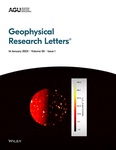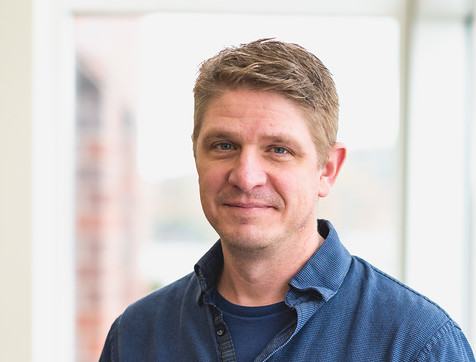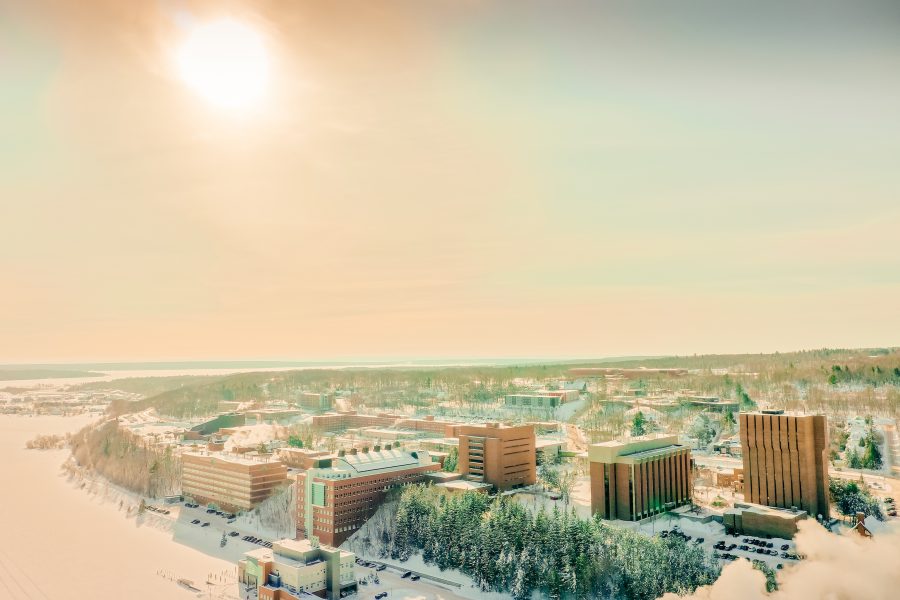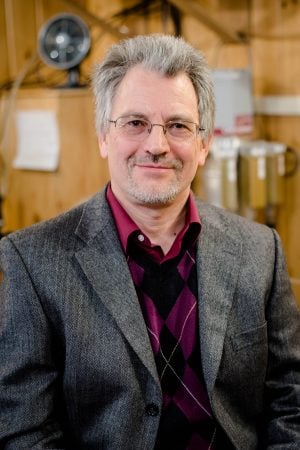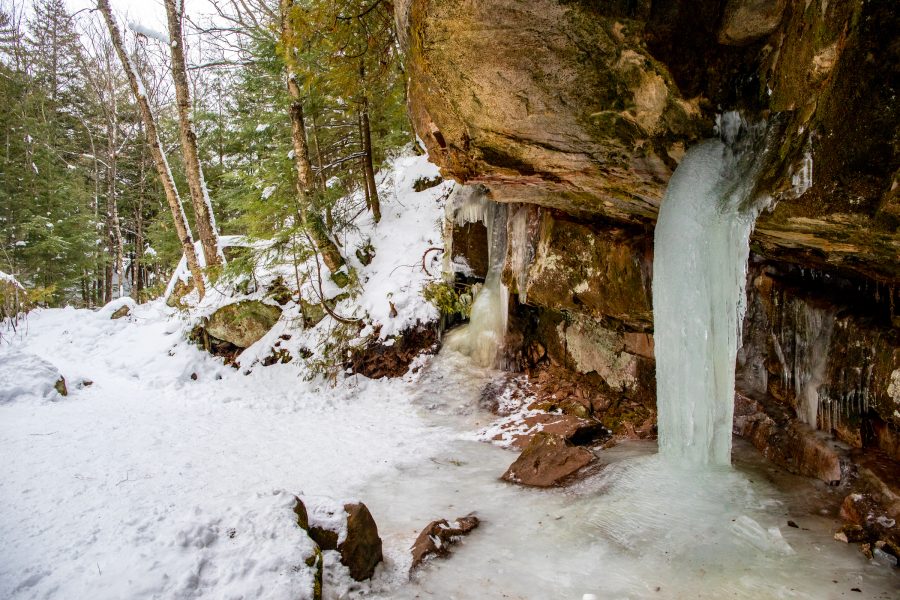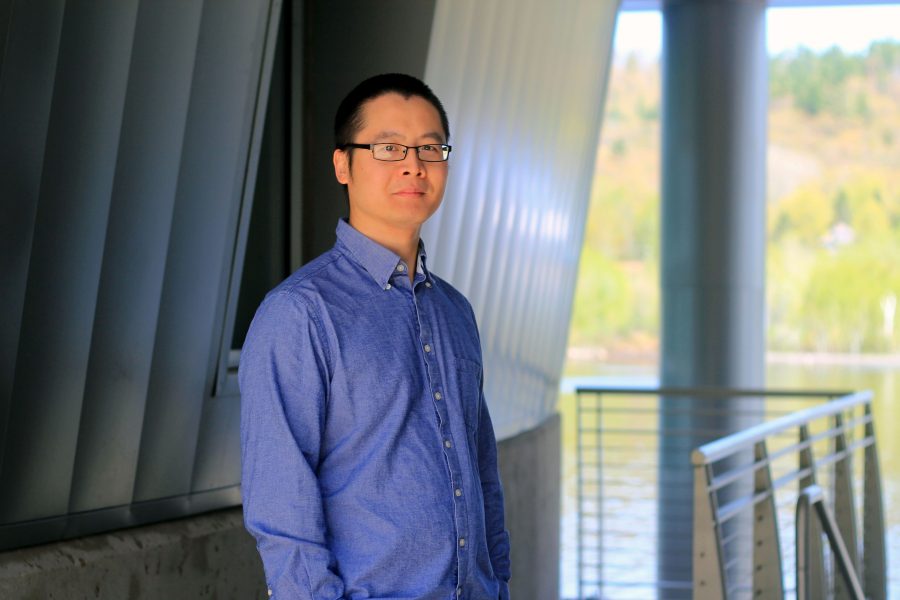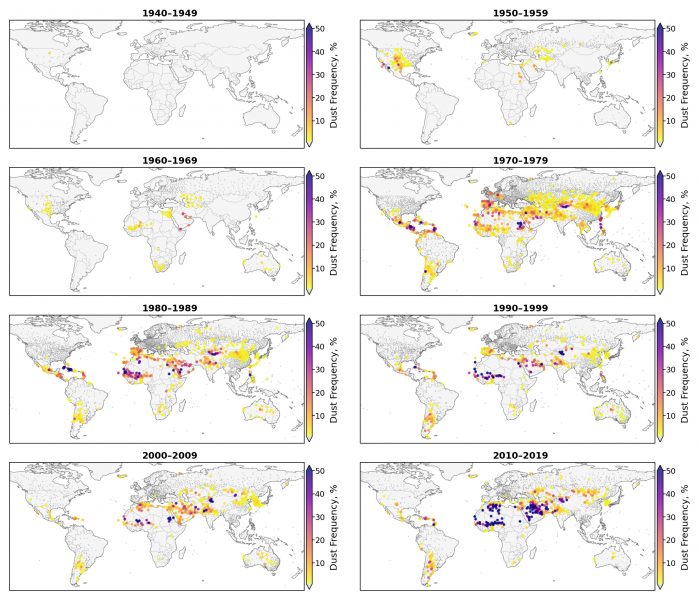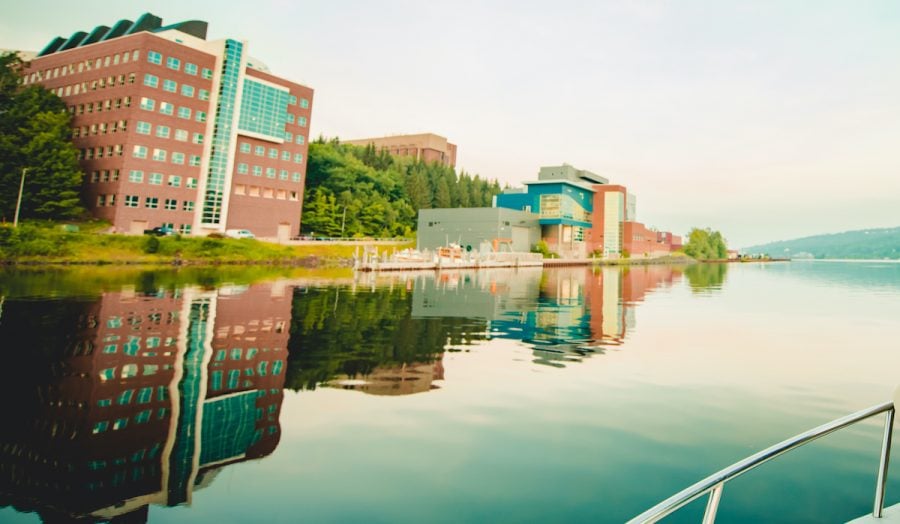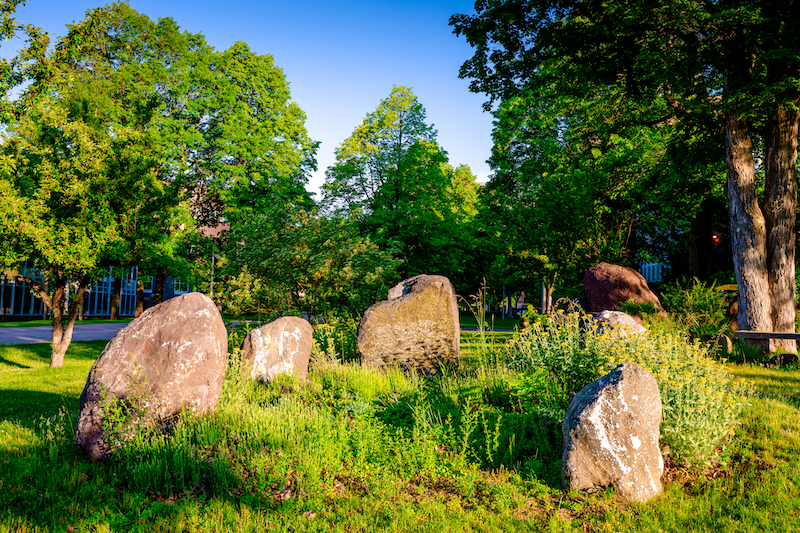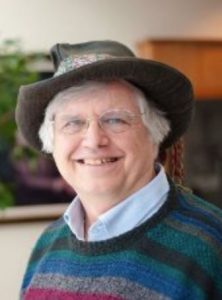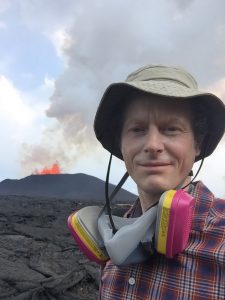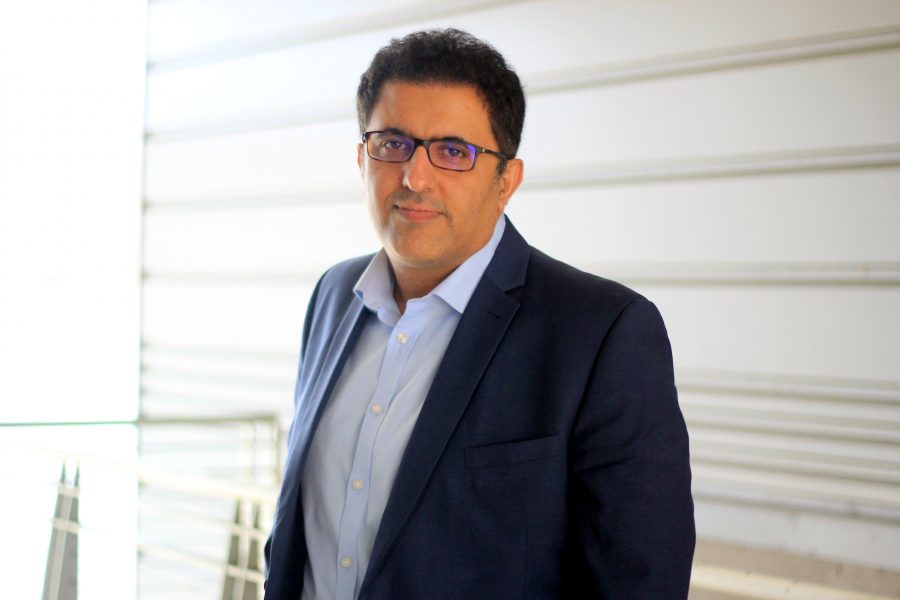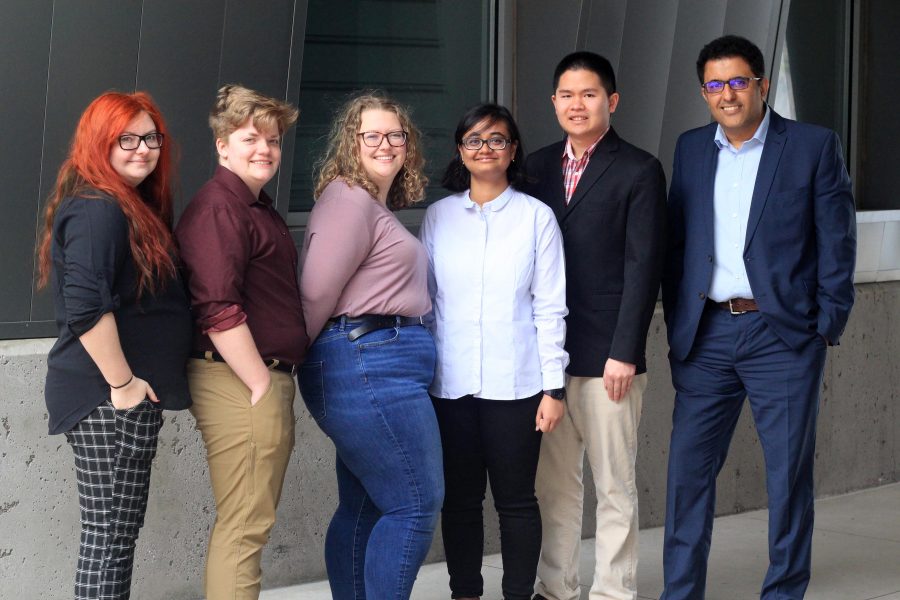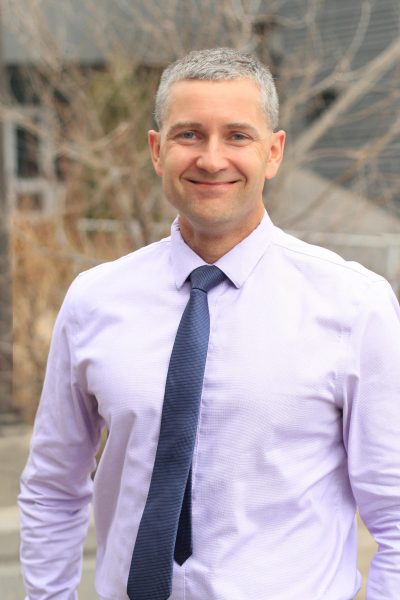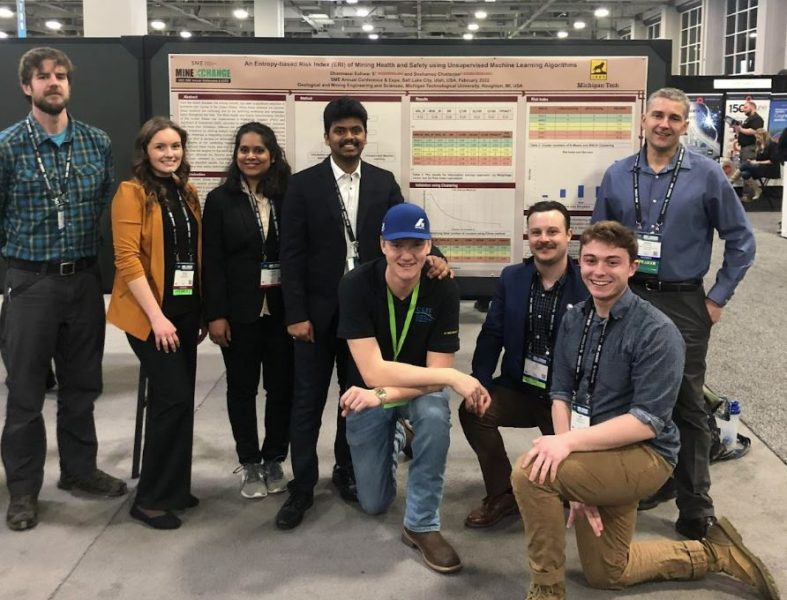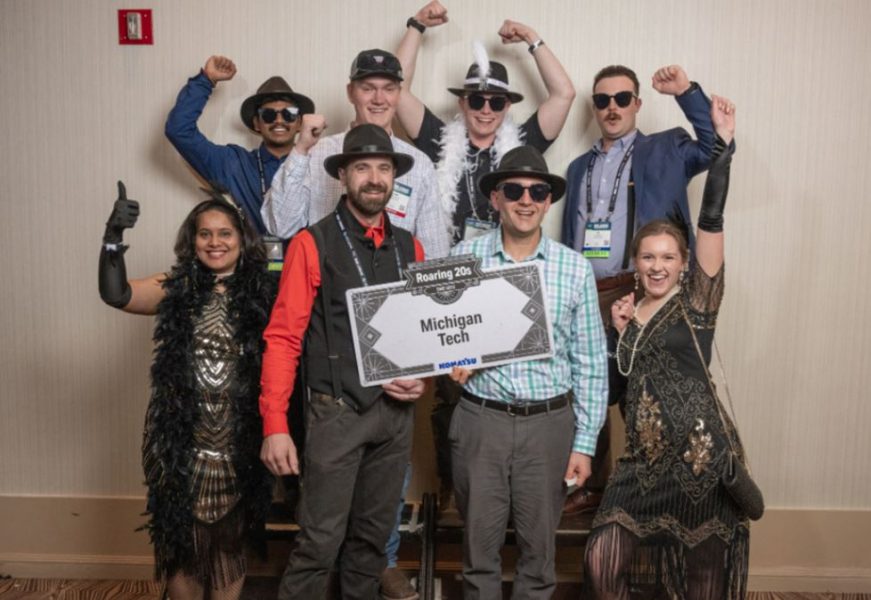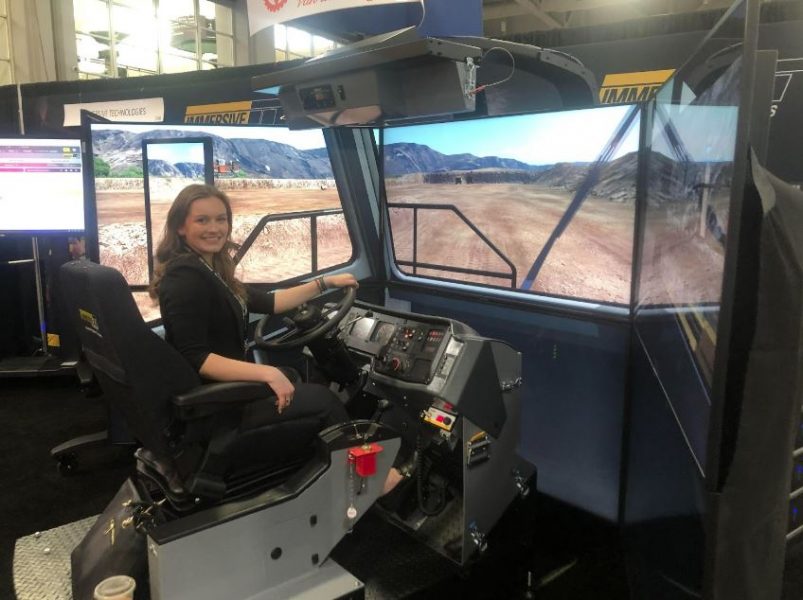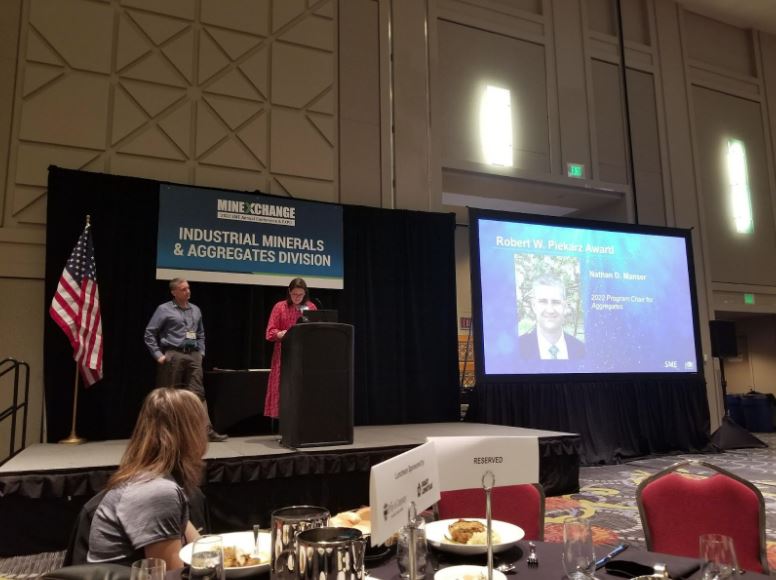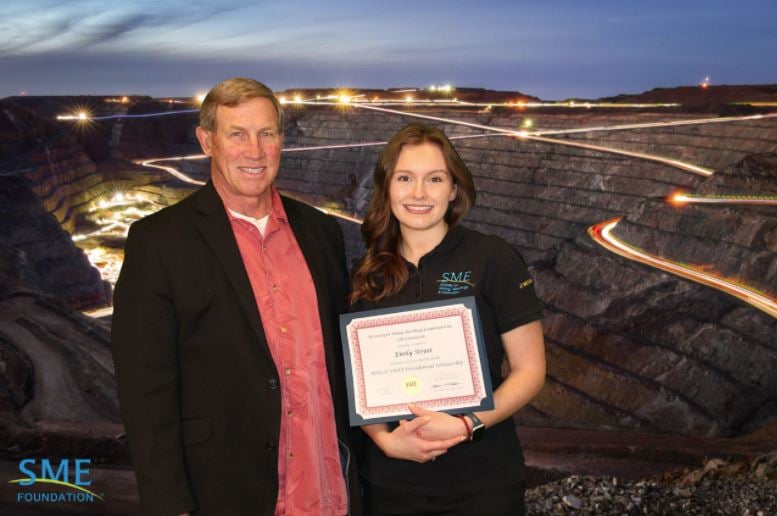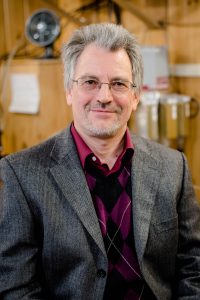An international team which includes Simon Carn analyzed layers of an ice core from central Greenland to calculate levels of sulfate aerosols between the years 1200 and 1850. They discovered that non-erupting volcanoes leak sulfur at up to three times the rate previously believed.
https://doi.org/10.1029/2022GL102061
The discovery impacts efforts to model past, present, and future climate.
“We found that on longer timescales the amount of sulfate aerosols released during passive degassing is much higher than during eruptions,” said first author Ursula Jongebloed, a UW doctoral student in atmospheric sciences. “Passive degassing releases at least 10 times more sulfur into the atmosphere, on decadal timescales, than eruptions, and it could be as much as 30 times more.”
Read more at UW News, by Hannah Hickey.
Related
- U. A. Jongebloed et al, Underestimated Passive Volcanic Sulfur Degassing Implies Overestimated Anthropogenic Aerosol Forcing, Geophysical Research Letters (2023). DOI: 10.1029/2022GL102061
- Climate Models Underestimate Passive Volcanic Sulfur Emissions
